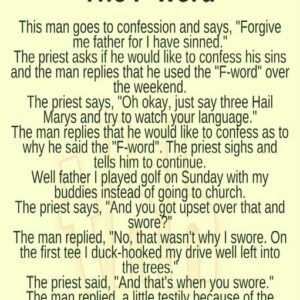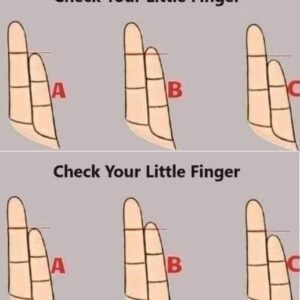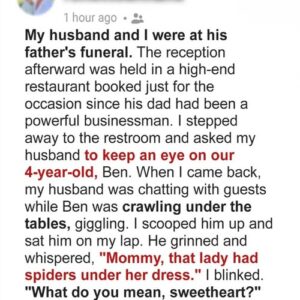As a kid, I accidentally knocked over the TV in our living room.
I kept looking at the shattered screen, dreading my dad’s reaction when he came home.
When he finally walked in, I burst into tears and started apologizing. “It was an accident, I swear!” I sobbed.
My dad looked at the mess and said, “Are you hurt?” I shook my head through tears.
He nodded gently. “Then it’s just a thing, not a tragedy.”
That moment has stayed with me for the rest of my life. Dad didn’t scold or yell.
He just picked up the pieces, swept away the glass,
and told me to help him make some hot chocolate.
As we sat on the couch later, he said softly,
“Things can be replaced. People can’t.” At that age,
I didn’t realize how powerful those words were — I only felt relief. But years later, I would understand their full weight.
As an adult, I caught myself getting upset when my own child spilled juice on the carpet or broke a cup.
Each time, I’d hear Dad’s voice in my head — calm, steady, loving.
I began to see how he had taught me patience without a lecture, kindness without conditions, and strength without anger.
It wasn’t about the TV that broke; it was about the trust that didn’t.
Now, whenever something goes wrong, I try to remember that day.
Broken things can always be mended, replaced, or cleaned — but a child’s heart remembers how you make them feel.
My father’s lesson became my compass: love first, fix later.
And in that quiet grace, I finally understood what it truly means to be a parent.





